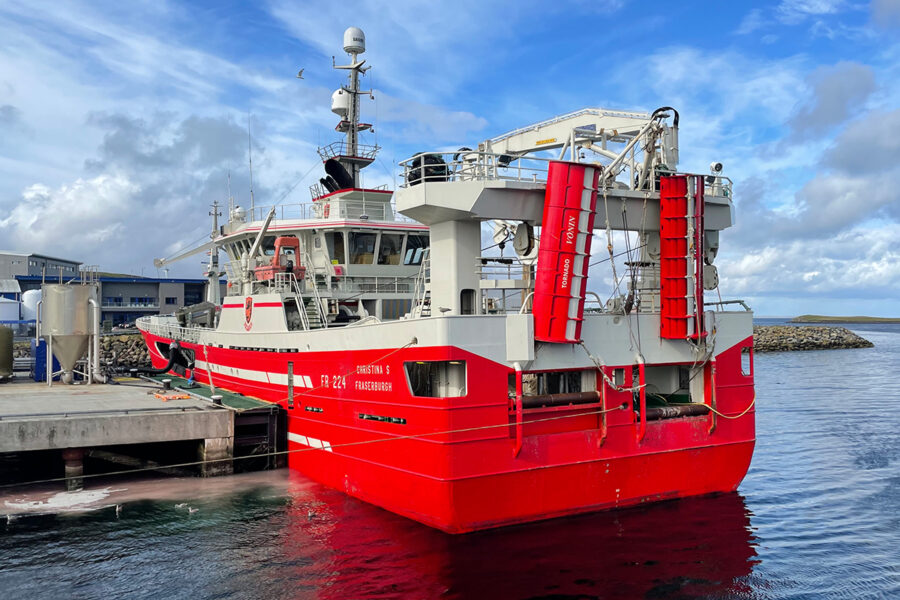The legal challenge to the new economic link licence conditions by part of the Scottish pelagic fleet was rejected by judges in the Scottish Court of Session last week.
The conditions were amended from 1 January, 2023, with a requirement to land increasing proportions of catches in Scottish ports, rising to 55% by 2025, where UK crew or UK expenditure exceed 50%.
A previous legal move by vessel owners in the Scottish Fishermen’s Organisation and the Shetland Fish Producers’ Organisation to halt the new conditions on an interim basis ahead of the full judgement was rejected by judges last year.
Arguments from vessel owners included one under the European Convention on Human Rights, where the owners argued that they had the ‘right to enjoy the proceeds of their labours’.
Lawyers for the two organisations submitted that, while the licensing conditions were well intentioned, the new licence condition went beyond the powers provided for by the Fisheries Act 2020.
The Scottish government’s lawyers argued that the 2020 act provided the post-EU legal framework for the UK to operate as an independent coastal state, and that powers had been used correctly.
The judge delivering the decision told the court: “If the petitioners are correct that it is unlawful to attach to a fishing licence a condition which is for economic benefit, then that would have far-reaching consequences.
“It would mean not only that the new amended economic link condition was unlawful, but also that any economic link condition (including the economic link conditions currently in force in other parts of the UK) would be unlawful. The maritime equivalent of a coach and horses would be driven through current fisheries policy throughout the UK.”
He concluded that the law allowed the Marine Directorate to impose licence conditions ‘which do not relate directly to fishing’ and that the act ‘does not restrict the power… to prevent the imposition of a landing condition for economic reasons’.
The hearing last year saw detailed discussions about the profit margins across the pelagic sector, and the salaries paid to crews on the vessels, both of which drew comment at the time from the judges. The discussions stemmed from the claim that restricting landings of catches into factories abroad, principally in Norway, but also in Denmark and Ireland, would reduce profitability in the pelagic fleet and, accordingly, shares paid to the crews.
The Scottish processing sector has seen significant investment since the announcement of the increased economic link, with grants provided from both the Scottish and UK governments to increase both storage and processing capacity. These are expected to come on stream in time for the summer herring season this year, and to be fully operational in time for the winter 2024 mackerel season.
The economic link conditions are also credited as a contributory factor in Peterhead’s record landings of £232m in 2023, which included a 21% increase in the volume of pelagic landings, from 108,137t to 131,534t.
A spokesperson for the Scottish government said: “We are still within the 21-day period when the applicants have the right of appeal, and as such, this case is still considered to be live. We cannot therefore comment further on the ruling.”
This story was taken from the latest issue of Fishing News. For more up-to-date and in-depth reports on the UK and Irish commercial fishing sector, subscribe to Fishing News here or buy the latest single issue for just £3.50 here.
Sign up to Fishing News’ FREE e-newsletter here.








